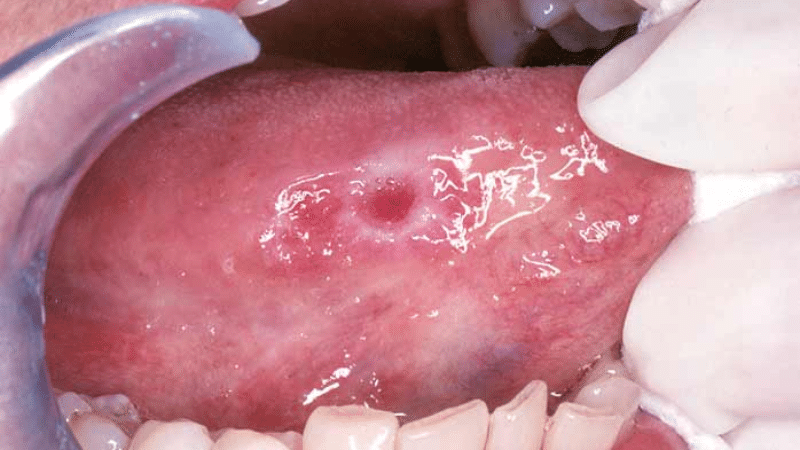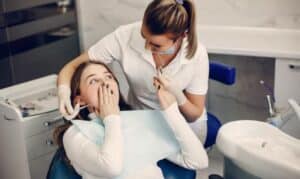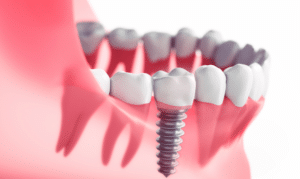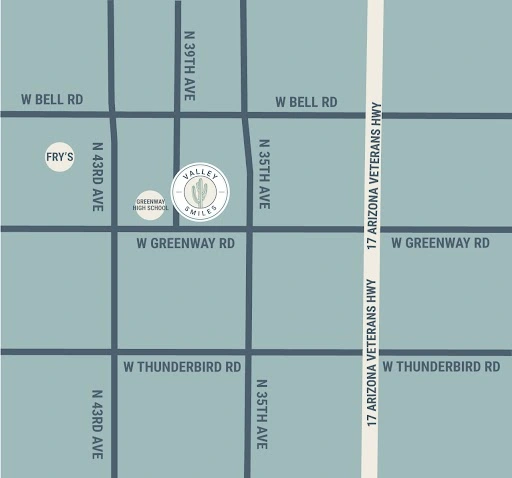The mere mention of cancer often sends shivers down our spines, and rightly so. It’s a formidable adversary that knows no boundaries. But amidst the commonly discussed types of cancer, there’s one that often flies under the radar: oral cancer. This insidious disease quietly thrives in the oral cavity, often unnoticed until it reaches advanced stages. However, there’s a beacon of hope amidst this darkness – early detection through regular oral cancer screening. In this blog, we’ll delve into the significance of these screenings, exploring why they’re paramount in the fight against oral cancer.
The Stealthy Nature of Oral Cancer
Oral cancer is cunning in its approach. It can manifest in various areas of the mouth, including the lips, tongue, gums, floor of the mouth, and the roof of the mouth. Initially, its symptoms may seem innocuous, such as persistent mouth sores, red or white patches, or difficulty swallowing. However, as it progresses, oral cancer can wreak havoc on one’s health, leading to severe consequences and even death.
Understanding the Importance of Early Detection
The key to combating oral cancer lies in early detection. When detected in its initial stages, oral cancer is highly treatable, boasting significantly higher survival rates. Regular screenings play a pivotal role in this process, allowing healthcare professionals to identify suspicious lesions or abnormalities before they escalate into something more sinister.
Who Should Undergo Oral Cancer Screenings?
Contrary to popular belief, oral cancer screenings aren’t exclusive to individuals with a history of tobacco use or heavy alcohol consumption. While these factors indeed elevate the risk, anyone can fall victim to oral cancer, regardless of their lifestyle choices. As such, it’s imperative for individuals of all ages and backgrounds to prioritize regular screenings as part of their oral health regimen.
The Screening Process: What to Expect
During an oral cancer screening, your dentist or healthcare provider will conduct a thorough examination of your mouth, searching for any signs of abnormality. This may involve inspecting the lips, gums, tongue, and other Oral mucosa, as well as palpating the neck for any unusual lumps or swelling. In some cases, additional diagnostic tests, such as biopsies or imaging scans, may be recommended to further evaluate suspicious areas.
Empowering Yourself Through Knowledge
Education is a powerful tool in the fight against oral cancer. By familiarizing yourself with the signs and symptoms of this disease, you can become more vigilant in monitoring your oral health and recognizing potential warning signs. Additionally, staying informed about your personal risk factors, such as family history or previous exposure to carcinogens, can empower you to make informed decisions regarding your healthcare.
Breaking the Stigma: Overcoming Fear and Misconceptions
Fear and stigma often surround the topic of cancer, leading many individuals to avoid seeking medical attention until it’s too late. However, it’s crucial to dispel these misconceptions and encourage open dialogue about oral health and cancer prevention. By normalizing discussions surrounding oral cancer screenings and promoting awareness within our communities, we can break down barriers to early detection and save lives in the process.
A Call to Action
In the battle against oral cancer, early detection is our most potent weapon. By prioritizing regular screenings and staying vigilant about our oral health, we can tip the scales in our favor, turning the tide against this formidable adversary. Let us heed the call to action, empowering ourselves and our loved ones to take proactive steps towards a future free from the grips of oral cancer. Remember, when it comes to saving lives, early detection is key.
In conclusion, the importance of regular oral cancer screenings cannot be overstated. Through early detection and timely intervention, we can safeguard our oral health and potentially save lives. Let us unite in our commitment to proactive healthcare, ensuring that no one falls victim to the silent menace lurking within our mouths.





